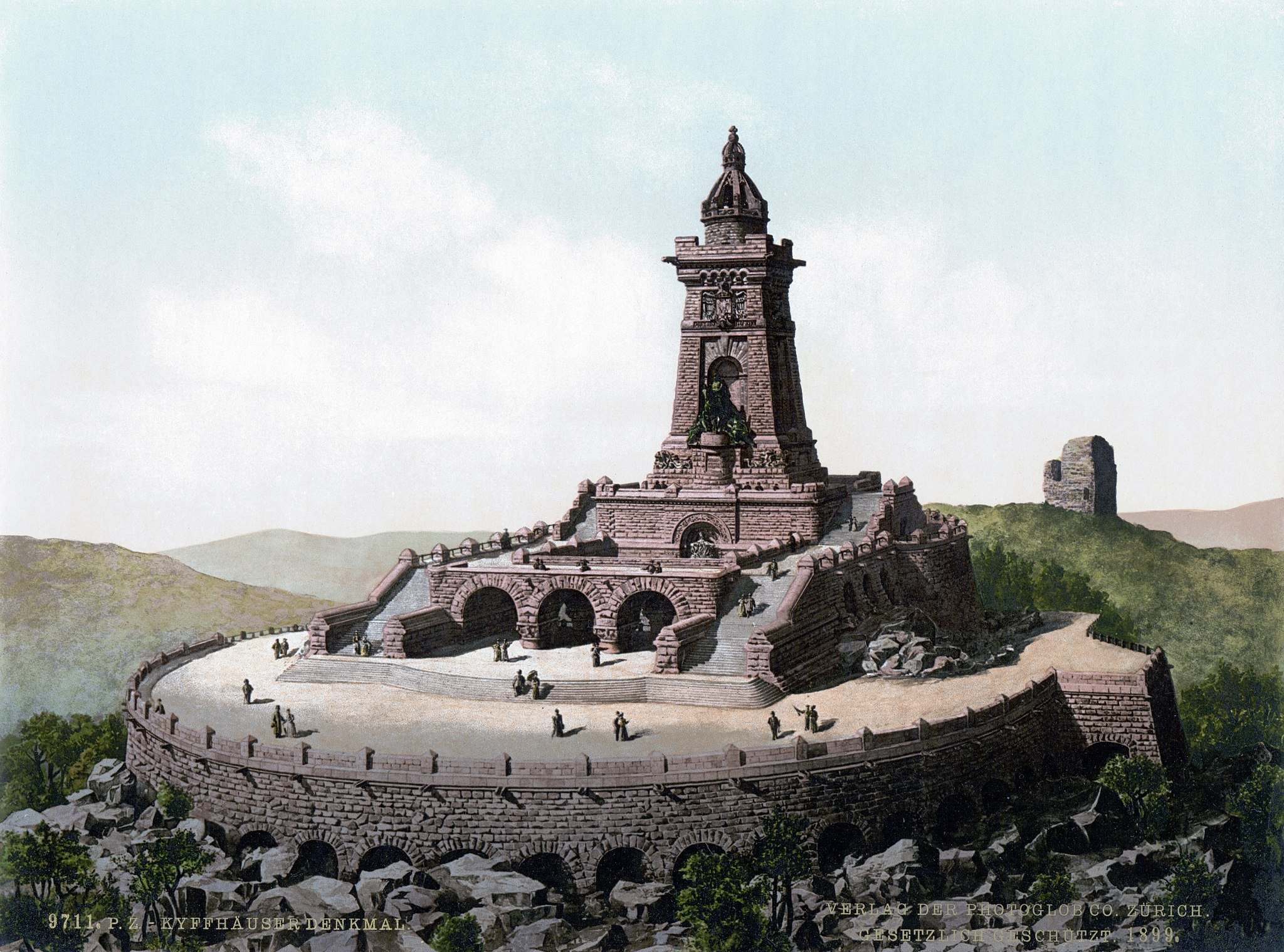After weeks of rehearsals, the operetta was finally ready for performance. The community servant had announced the date of the premiere with his brass bell on every corner of the village.
This post has been moved. Please follow us on Medium to read and/or listen (!) to it in full.
The Bright Side of the Doom, a Prequel to 1984, The 18-Year-Old Who Wrote a Note and Disappeared is now available worldwide in bookstores as a hardcover, paperback, and e-book‼️
